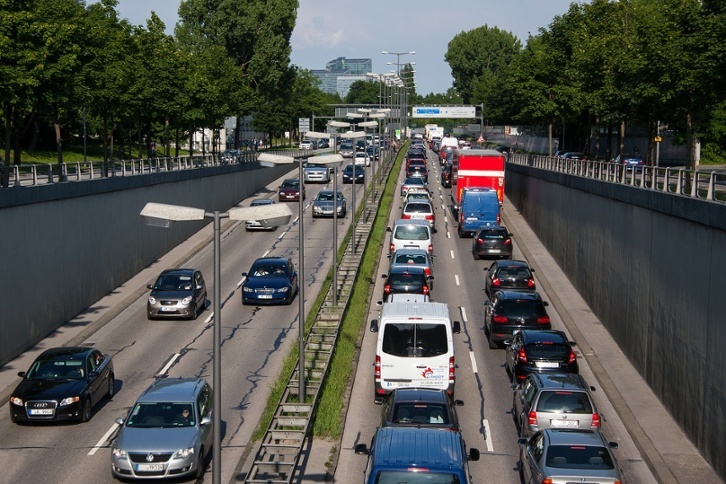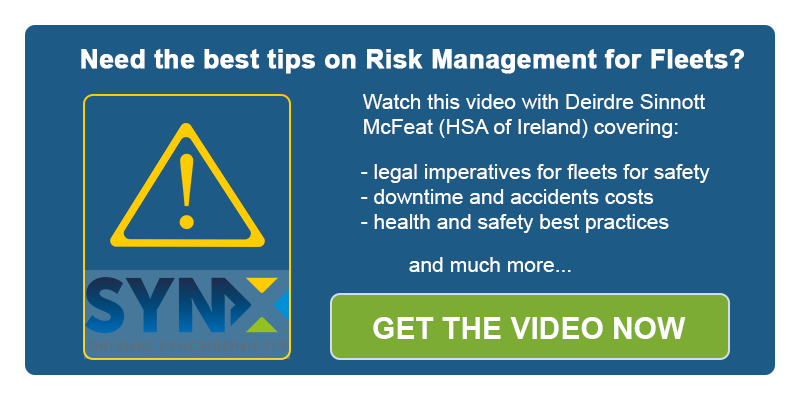Preventing fleet vehicle accidents and guaranteeing safety for employee drivers as well as for other road users has, and always should, be a priority no matter the size of the fleet or the vehicles involved. Even innocuous looking accidents can lead to injuries, or fatalities in some cases, and even in the best case scenario, downtime for vehicles and staff is more than likely.
Having a detailed and thorough process that includes driver training and fleet maintenance is the first step toward minimising the possibility of a collision, but what are some of the tips you need to follow in order to prevent fleet accidents?
How to reduce fleet vehicle accidents then?

Let’s look at some of the ways in which you can maximise safety within your fleet!
#1 - Raise awareness of accident prevention
Management has a key role in making drivers realise how important it is to work in safety so as to minimize the possibility of an accident. Raising awareness will help in reducing risks.
#2 - Have a safety plan ready
Set up a safety plan/risk assessment which will consider risky habits/activities for drivers, possible weather changes that might impact on driving, routes travelled and whether they are safe enough or whether alternative options should be taken.
#3 - Make sure vehicles are roadworthy
Fleet vehicles have to be safe and working properly—a badly maintained vehicle can easily result in an accident or breakdown.
#4 - Have complete control of vehicle maintenance
If you use a fleet management system, you will always have a very visible account of each of your vehicle’s maintenance status, including testing, tyres, servicing etc.
#5 - Make sure driver shifts are well organized
Shifts have to be compliant and realistic in order to make drivers operate in total safety. The person in charge of organizing rosters has to know the rules and never forget to incorporate adequate resting times.





